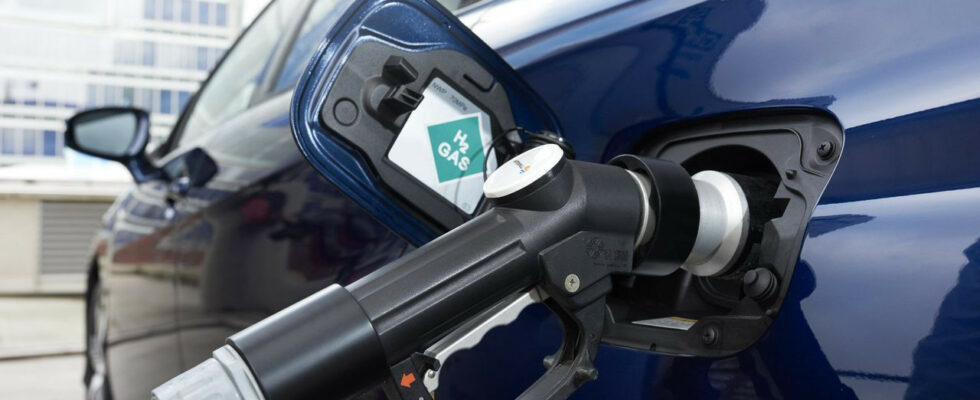The very first white hydrogen research permit has just been issued by the government to the company TBH2 Aquitaine.
Hydrogen is one of the energies on which the world’s governments want to rely to gradually escape their dependence on hydrocarbons. And in this area, a new type of hydrogen is of increasing interest to manufacturers: white hydrogen. A resource which is buried in rock, and which would have a decarbonization potential much greater than other types of hydrogen currently exploited.
A potentially exploitable deposit in the Pyrenees
The start is given! TBH2 Aquitaine has just obtained a “ exclusive permit for exploration of native hydrogen mines, helium and related substances » over an area of 225 km2, located in the Pyrénées-Atlantiques. A permit that will be valid for a period of five years. Seismic studies will first be carried out, before the actual drilling, which will take place within two to three years.
The company TBH2 Aquitaine, created just in April 2022, is not the only one wanting to exploit the vein. The Ministry of Ecological Transition has in fact explained that applications for five other exploration projects have been submitted, and are currently under review.
White hydrogen, the future?
White hydrogen is of increasing interest for two main reasons. The first is that it does not need the support of other energy sources to be produced. Indeed, at present, so-called “gray” hydrogen comes from hydrocarbons, while “green” hydrogen is obtained through the electrolysis of water, thanks to the electricity produced by renewable energies.
White hydrogen, on the contrary, is directly present in underground deposits, which makes it a directly low-carbon energy. In addition, its cost would be much lower than green hydrogen. It would be, according to The echoes, from 50 cents to 1 euro per kilo, compared to 10 euros per kilo for green hydrogen. What justifies a certain enthusiasm?
Source : The echoes, France Info

9